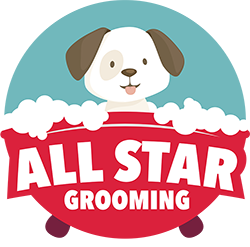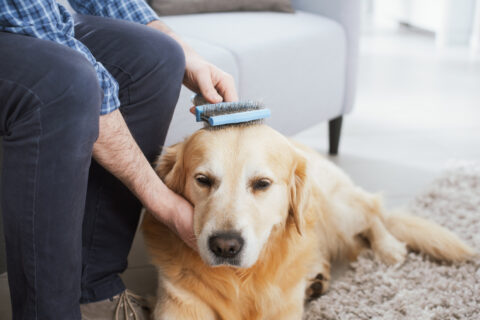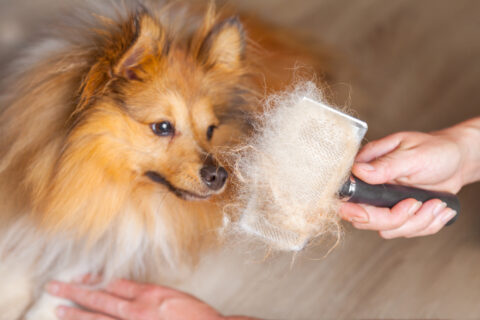Reasons Your Dog May Smell Bad and How You Can Help
As a loving dog owner, it can be concerning when your beloved pet emits an unpleasant odor. Various factors can contribute to a dog’s bad smell, ranging from poor hygiene to underlying health issues. Identifying the root cause – and taking appropriate action – is crucial for your pet’s well-being and comfort. In this blog, we will explore some common reasons dogs may smell bad and provide practical tips on how you can help them smell fresh and clean again.
Lack of Regular Bathing:
One of the primary reasons for a dog’s unpleasant odor is a lack of regular bathing. Dogs naturally produce oils that can accumulate on their skin and coat over time, leading to a pungent smell. Establishing a bathing routine suitable for your dog’s breed and coat type can help keep them clean and fresh. Use a dog-specific shampoo and conditioner, and rinse thoroughly to prevent any residue that may cause skin irritation. If you want to give your furry friend special treatment, bring them to us! We’ll bathe them in our premium, hypo-allergenic, all-natural oatmeal shampoo and conditioner to make their hair shiny and gorgeous. After a relaxing bath, we extend the royal treatment with a warm blow-dry session.
Skin Infections or Allergies:
Skin infections or allergies are common culprits behind a dog’s persistent bad odor. Yeast or bacterial infections can cause a distinct odor, accompanied by symptoms like itchiness, redness, or flaky skin. Allergies to certain foods, environmental factors, or fleas can also result in an unpleasant smell. Consult your veterinarian for a proper diagnosis and treatment plan, which may involve medications, special shampoos, dietary changes, or allergen avoidance.
Poor Dental Hygiene:
A dog’s bad breath can make them quite unpleasant to be around. Dental issues such as tartar buildup, gum disease, or tooth decay can contribute to foul-smelling breath. Regular dental care, including brushing your dog’s teeth with dog-friendly toothpaste, can help prevent dental problems and improve their breath. Additionally, offering dental chews or toys to promote oral health can be beneficial.
Ear Infections:
Foul-smelling ears often indicate an ear infection, which bacteria, yeast, or allergies can cause. Dogs with long, floppy ears or who frequently swim are more prone to these infections. Regularly inspect your dog’s ears for redness, swelling, discharge, or a strong odor. Clean their ears as your veterinarian recommends, using appropriate ear-cleaning solutions. If an infection is present, consult your vet for proper treatment.
Anal Gland Problems:
Dogs have anal glands that can become impacted or infected, leading to a strong, fishy odor. If your dog is excessively licking their rear end, scooting on the floor, or showing signs of discomfort, it might indicate an issue with their anal glands. A veterinarian can express the glands to alleviate the problem. In some cases, regular gland expression or dietary adjustments may be necessary to prevent reoccurrence.
Understanding the reasons behind your dog’s lousy odor is crucial in addressing the issue effectively. By maintaining good hygiene practices, regularly checking for infections, and seeking veterinary care when needed, you can help your dog smell fresh and pleasant. Remember that each dog is unique, so it’s essential to consult with your veterinarian for personalized advice and treatment options. A clean and fresh-smelling dog is not only more enjoyable to be around, but it also promotes their overall health and well-being.
Click here or call 307-369-5425 to us to schedule an appointment for us to give your dog the royal treatment and help them smell good.


